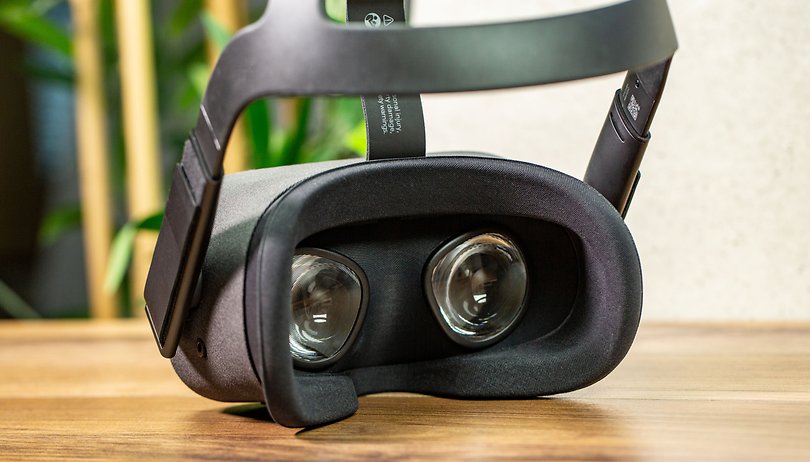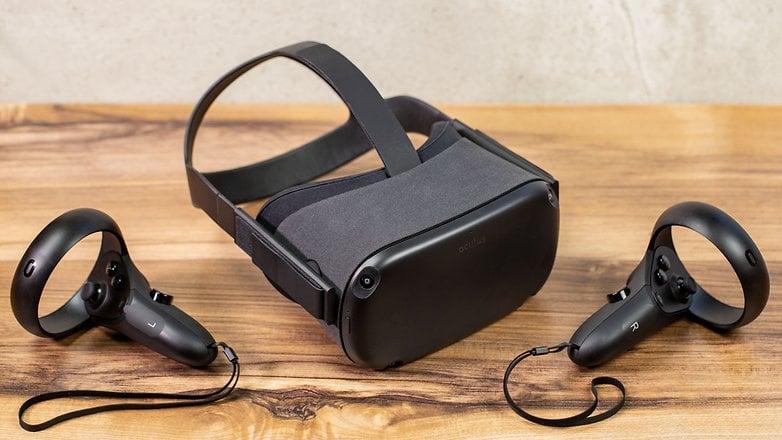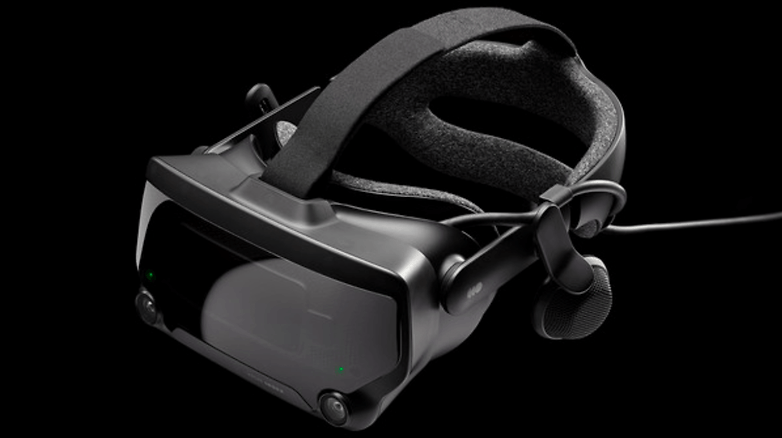Oculus and Valve propose two visions for VR's future: which one's for you?


April 30 was an exciting day in the world of virtual reality, with simultaneous releases of a groundbreaking new product from Facebook's Oculus and the presentation of Valve's much anticipated Index headset. The two new VR solutions differ vastly in terms of power, price and requirements, but which presents the most compelling vision for VR's future?
A Quest for mainstream success
The Oculus Quest, as you may expect from a Facebook-owned company, is going for mass appeal above all else. That's something that's desperately needed in the VR market, which is struggling to win over mainstream consumers. At $399, and with no need for any external equipment or wires, the Oculus Quest could convince many skeptics to try VR for the first time.
The Quest boasts a light and ergonomic design, 6 degrees of freedom tracking and an impressive starting library of apps and games. We've already had our hands-on with the device and in our initial tests it performs remarkably well and impressed us with its ease of set-up. VR can be intimidating to get into, and the Oculus Quest provides the smoothest onboarding into this futuristic phenomenon that we've witnessed to date.

The downside of course, is that there's only so much a Snapdragon 835 processor with 4 GB RAM can do...many VR games you could play using a PC will have lost graphical fidelity or quality by being ported to the Quest, and most demanding and cutting edge titles will be completely out of reach. But, in our hands-on, plenty of great VR games like Beat Saber and Superhot VR perform wonderfully on Quest. An,d what's the use of going for the most high-fidelity graphics if it will be too expensive and difficult for all but the minority of the minority?
Valve Index dials it up to 11
Valve has been involved in VR for some time but without a headset of its own, so naturally the community was waiting with bated breath for the introduction of the hardware solution from the creators of Portal, Half-Life and of course the ubiquitous gaming platform Steam. Now, the Valve Index is official and what we've got is well...the kind of PC gaming style VR headset we already know, but with notably impressive specs.

With a $999 price point and heavy-duty system requirements, the Valve Index is clearly aiming at the high-end of the market (to be clear, an ultra-high end segment exists with the likes of Varjo, but it's not really for consumers). The Index's paired LCD panels have a high combined pixel resolution of 2,880 x 1,600; a wide field-of-view of up to 130 degrees, and the new 'knuckles' controllers, built-in headphones and space on the front for future modular attachments. It's impressive, but conservative, still reliant on setting up external "lighthouse" tracking boxes in your home and a wired connection to an expensive computer.
We haven't been able to test the Valve Index ourselves, but there's a clear demand for it. The headset itself quickly sold out its pre-orders, and at the time of writing, can only be reserved from Steam. It's still not clear whether these are existing VR gamers looking to upgrade, or new adopters who had been waiting for Valve to show its hand.
Who did it best?
Clearly, different customers have different needs, and there's room for both to exist. But for the sake of argument, today we ask you VR veterans and VR virgins alike, which device presents the more convincing argument for VR's future? The convenience and accessibility of the Oculus Quest, or the more premium but demanding prospect of the Valve Index? Let us know your rationale for your choice in the comments!














neither excited me